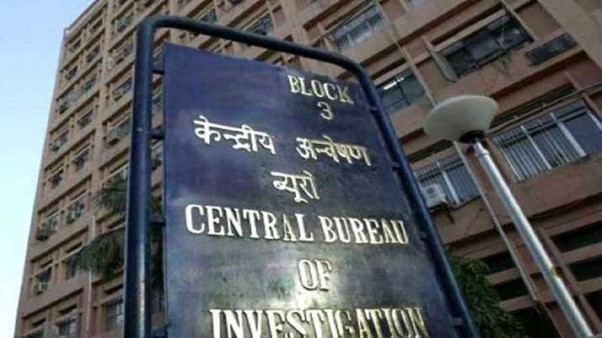Interrogate The Accused In Front Of CCTV In Pearls Group Scam
Interrogate the accused in front of CCTV in Pearls Group scam: Delhi court.
In the Pearls group scam case, a Delhi court has directed the CBI to interrogate the accused under the surveillance of CCTV cameras.
Lawyers of the accused will also be present during the interrogation. In this case, NS Bhangu is accused of duping Rs. 45 thousand crores from five crore investors of different states.
On December 23, the CBI had arrested MK Mahajan and 10 others in connection with the Rs 45,000 crore Ponzi scheme.
On the same day, the court sent him to CBI custody for two days. Advocates Vijay Aggarwal, Rytham Agarwal, and Saurav Choudhary appeared for one of the accused.
They told the court that to ensure a fair investigation, it is necessary that the directions given by the Supreme Court in the Paramvir Singh case are strictly followed.
In this case, the Supreme Court had directed the CBI to conduct the interrogation in front of CCTV. With this, secret means will also not be used to intimidate the accused.
Earlier, the CBI had conducted a preliminary inquiry against the Pearls group on the directions of the Supreme Court.
The investigation of the case is going on to find out the role of other accused in this multi-crore scam.
Significantly, further investigation of the case was continued to investigate the role of other accused and suspects in this multi-crore financial scam which adversely affected the interests of crores of investors.
During the investigation, Nirmal Singh Bhangu, Sukhdev Singh, Subrata Bhattacharya, and Gurmeet Singh were arrested in the year 2016. The charge sheet was filed against the accused.
If the problems of the judiciary are not resolved, the coming generations will pay- CJI.
Emphasizing the need to develop the basic facilities related to the judiciary, Chief Justice of the Supreme Court NV Ramana has said that if the problems related to it are not resolved, then the coming generations will bear the brunt.
He said, the judiciary is facing many fundamental problems, if they are not resolved then future judiciary administration will face a worse situation.



